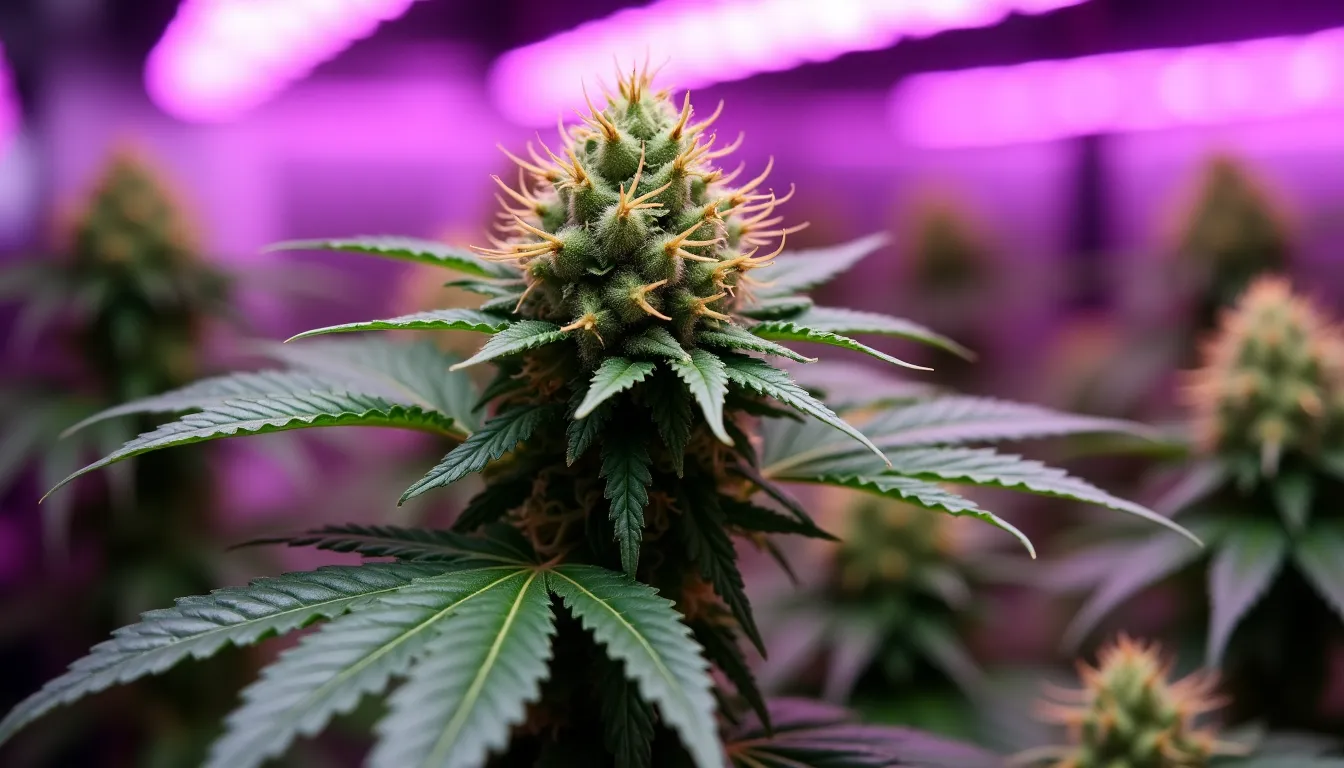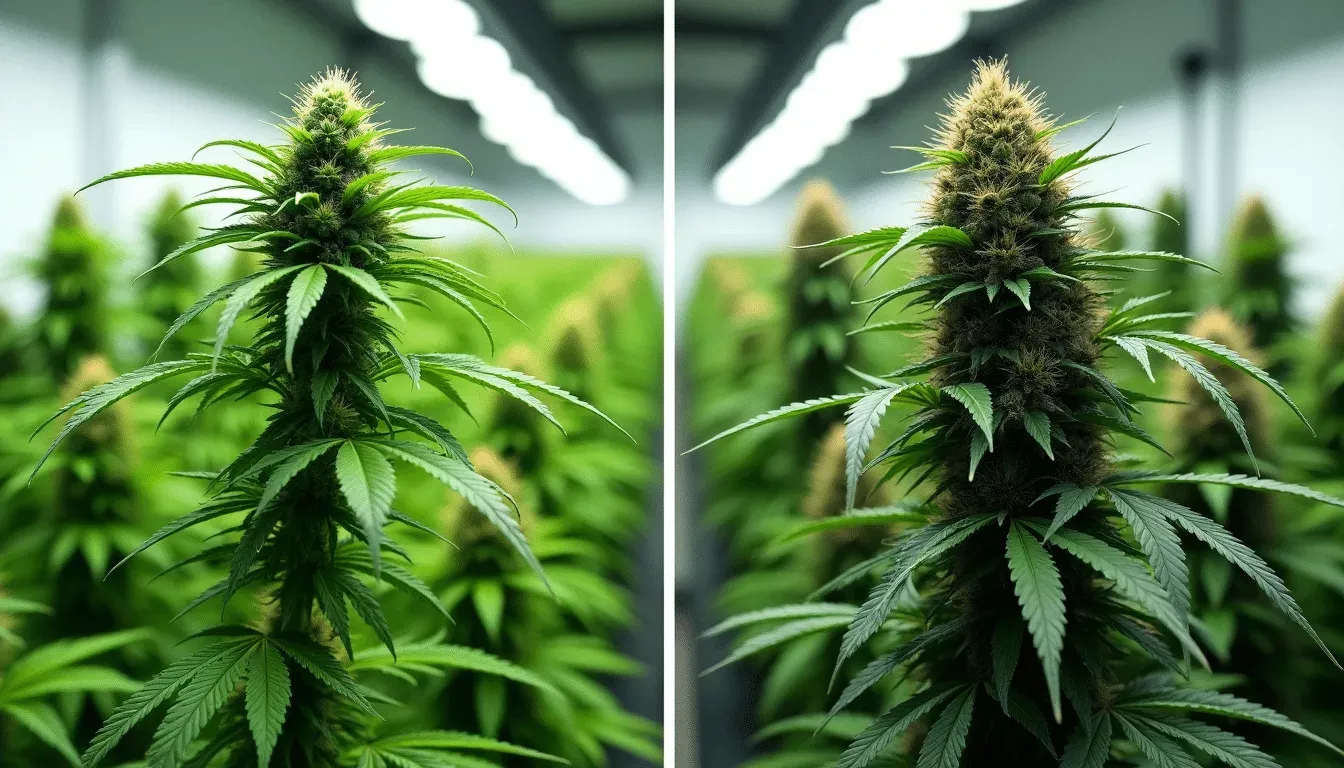How fast does CBD act? 8 factors that depend on
If you’ve ever found yourself on edge, seeking a natural remedy for relief, you may have heard about cannabidiol, or CBD. Widely praised for its potential benefits ranging from easing anxiety to reducing inflammation, CBD seems like a miracle molecule. However, how quickly can you expect it to work? The speed with which CBD takes effect can be just as important as its therapeutic potential. So, understanding this speed is vital for anyone looking to incorporate CBD into their wellness routine.
Understanding the Basics of CBD
Before diving into the factors affecting CBD’s onset time, let’s explore what CBD is. Cannabidiol is a natural compound found in the cannabis plant. Unlike its cousin, THC, CBD does not produce a “high,” making it a popular choice for those seeking relief without psychoactive effects. Despite the growing anecdotal evidence supporting its efficacy, CBD’s incorporation into mainstream health discussions warrants a closer look at how soon one might feel its effects.
CBD’s action in the body involves interaction with the endocannabinoid system (ECS), a complex network involved in regulating physiological processes. This interaction primarily occurs through the modulation of various receptors and enzymes, which consequently influences functions such as mood, sleep, and pain.
The Benefits and Practical Applications of CBD
CBD is increasingly becoming a mainstream choice for its versatility in addressing numerous health issues. From capsules for routine consumption to topicals for targeted relief, CBD’s adaptability is one of its most appealing features. But with a variety of forms, how do these impact how quickly you feel the effects?
Forms of CBD and Their Impact on Speed
1. Sublingual Oils and Tinctures: When using CBD oils or tinctures sublingually (under the tongue), effects can be felt within 15 to 45 minutes. The mucous membranes under the tongue allow for rapid absorption directly into the bloodstream, making this method one of the fastest ways to experience CBD’s effects.
2. Inhalation (Vapes and Smokables): Inhalation offers almost immediate results. The CBD is absorbed through the lungs and enters the bloodstream quickly. This method is favored by those seeking prompt relief, such as people suffering from acute anxiety episodes.
3. Edibles and Capsules: These require digestion and metabolic processing, which means effects can take between 30 minutes and 2 hours to manifest. However, the effects tend to last longer, which is beneficial for sustained relief.
Factors Influencing How Fast CBD Acts
CBD’s quickness in showing its effects isn’t solely down to consumption methods. Several individual and external factors also play a role.
Personal Factors
1. Metabolism: Metabolic rate can significantly influence how quickly CBD is processed. A faster metabolism speeds up absorption and onset time.
2. Body Weight and Composition: Distribution and longevity of CBD effects differ based on body fat percentage, as CBD’s fat solubility means it may be stored in the body’s fat cells.
Dosage and Concentration
3. Dosage: Taking a higher dose could lead to quicker onset of effects, although this should be approached with caution and ideally under professional guidance.
4. Concentration: Products with higher CBD concentrations may deliver more rapid results.
Quality and Purity
5. Product Quality: The purity and quality of CBD play crucial roles. Higher quality products, typically supported by third-party lab testing, ensure that you’re getting CBD in its most effective form.”
6. Full-Spectrum vs Isolate: Full-spectrum products contain a range of cannabinoids and terpenes that may promote a faster onset through the “entourage effect” – a synergistic interaction between CBD and other cannabis compounds.
Additional Contextual Factors
7. Recent Meal Consumption: A full stomach can delay CBD’s absorption when consumed orally, prolonging onset time compared to taking it on an empty stomach.
8. Individual Tolerance and Receptor Sensitivity: Frequent CBD users might develop a tolerance, affecting how quickly they feel its effects compared to those using it sporadically.
Actionable Tips for Optimal CBD Use
To truly harness the benefits of CBD, consider the following tips:
- Start Low and Go Slow: Test your body’s response by beginning with a lower dose and gradually increasing until you find the ideal balance of fast-acting relief and effects longevity.
- Select High-Quality Products: Always opt for reputable brands with transparent testing practices. Resources like Project CBD offer comprehensive insights into quality and practices.
- Track Your Experience: Keep a journal to document how long it takes for CBD to take effect for record-keeping and identifying any patterns related to consumption or relief.
- Consult Healthcare Professionals: Seek advice from health professionals, particularly if you’re new to CBD or are using it alongside other medications.
FAQs: How Fast Does CBD Act? 8 Factors That Depend On
1. How quickly does CBD start working when taken sublingually?
CBD taken sublingually usually starts to act within 15 to 30 minutes as it is absorbed directly into the bloodstream under the tongue.
2. What is the onset time for CBD when consumed edibly?
CBD edibles typically take 30 minutes to 2 hours to begin working due to the digestive process.
3. How does body weight affect CBD’s onset time?
Individuals with higher body weight may experience a delayed onset time as more CBD is needed to achieve the desired effect.
4. Does the method of consumption affect how fast CBD acts?
Yes, the method significantly impacts the onset time; for example, vaping or smoking CBD results in near-immediate effects, while topicals may take longer.
5. Why does the dosage impact CBD’s speed of action?
Larger doses may act faster as they increase the concentration of CBD in your system, but it’s essential to start with a low dose and adjust accordingly.
Share this content:



